Lost in the Humming Air is a credit to the lasting debt these artists are due a pioneer in their field without being beholden to him. Lacking a single weak track, even without the Budd connection, it would be one of the finest ambient compilations of the year.
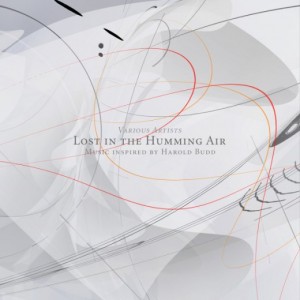
[Release page] In the pantheon of ambient music, Harold Budd sits at the right hand of Brian Eno. While he may have risen to the popular avant-garde consciousness with their duet albums, The Plateaux of Mirror and The Pearl (1980 and 1984, respectively), Budd had established a reputation in southern California much earlier and solidified it internationally with the release of two-year-old compositions on The Pavilion of Dreams, released on Eno’s semi-legendary, short-lived label Obscure in 1978.
Budd’s trademark piano shimmer seems to have been imprinted on his musical imagination during his upbringing in the Mojave Desert. Over a fifty-year career, he has added wisps of electronics, composed for strings, released numerous spoken-word albums and announced his retirement—none of which impressed his acolytes much (his retirement lasted a minute). They want to hear that piano, as witnessed by the testimonials of the artists contributing to Lost in the Humming Air. As ambient artists, all of them owe a debt of gratitude to Budd, whether they have been consciously influenced by him or not. The album is the brainchild of Marsten Jules (Oktaf is his label) and Rafael Anton Irisarri, who acknowledges Budd’s importance for teaching him about the emotion that can be conveyed in the space between notes.
Deaf Center strike the perfect combination of tribute and deconstruction, allowing Budd-like clusters to burst and dissipate while being pricked by echoing guitar chords and stiletto strings. On a track called (in Norwegian) “It was pitch black at home,” Biosphere brings an actual, audible shiver to his classic Arctic ambient. Locsil’s piano emerges as if out of a fog, strong, clear and increasingly huge, before receding again. Xela tried to recreate a memory of the sounds of Budd as first heard as a teenager without resorting to piano and succeeds absolutely brilliantly; as if recreating recollection as it occurs in reality, with different memories intruding on the main current of thought.
Andrew Thomas wanted to capture the “escapism…beyond the immediacy of now” he experiences listening to Budd, which to me is a statement that could be filled with just about any kind of meaning, but which Thomas fills with attractive, blue-flashing static. Mokira’s “Harold Dubb” is as wittily constructed, before it is deconstructed, as it is titled. Christopher Willits wields his specially-altered guitar to evoke that hot, dry desert air. Taylor Deupree, a master of molecules, surprised me at least with his full-bodied, almost romantic music box of a tribute. Locsil’s Pacific Northwest neighbour Irisarri’s “Gloaming” is suitably rainy and half-lit. The most poignant backstory is saved for the finale. Brock Van Wey (Bvdub) invited his mother, Criss Van Wey, who together with her son was in mourning over the recent loss of her husband, to play the piano on “My Father, My Friend.”
Lost in the Humming Air is a credit to the lasting debt these artists are due a pioneer in their field without being beholden to him. Lacking a single weak track, even without the Budd connection, it would be one of the finest ambient compilations of the year.
Lost in the Humming Air is available on Oktaf. [Release page]
[soundcloud url=”http://api.soundcloud.com/tracks/42064950″ width=”100%” height=”166″ params=”auto_play=false&show_artwork=false&color=000000″ iframe=”true” /]






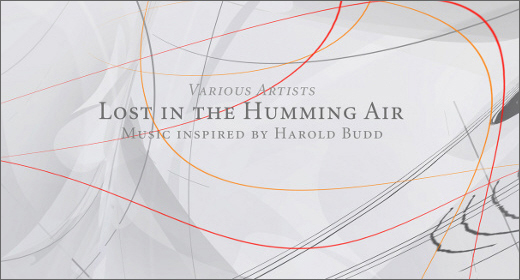
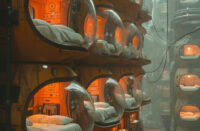
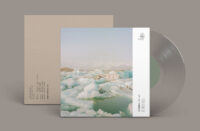
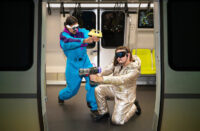
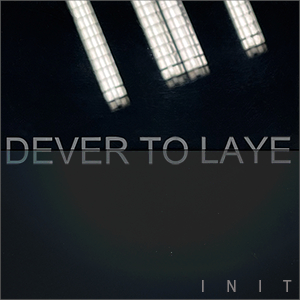
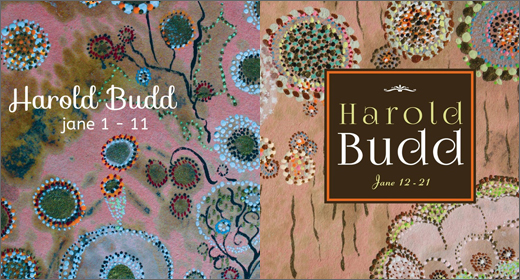

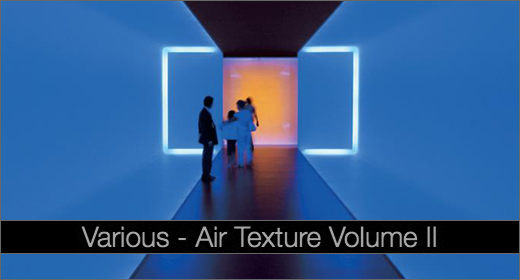
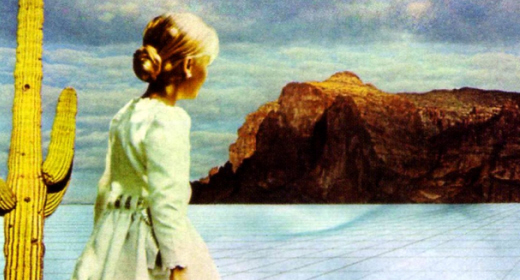
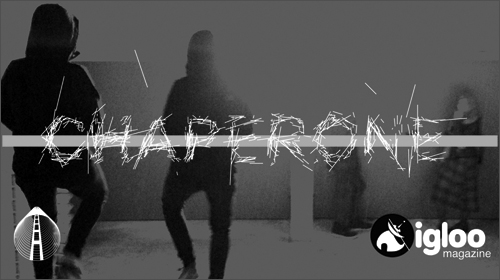
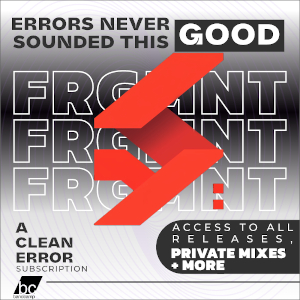


![Hasbeen :: Bunker Symphonies II (Clean Error) — [concise]](https://igloomag.com/wp/wp-content/uploads/2025/04/hasbeen-bunker-symphonies-ii_feat-75x75.jpg)
![Extrawelt :: AE-13 (Adepta Editions) — [concise]](https://igloomag.com/wp/wp-content/uploads/2025/04/extrawelt-ae-13_v_feat-75x75.jpg)
![Beyond the Black Hole :: Protonic Flux EP (Nebleena) — [concise]](https://igloomag.com/wp/wp-content/uploads/2025/04/beyond-the-black-hole-protonic-flux_feat-75x75.jpg)
![H. Ruine, Mikhail Kireev :: Imagined / Awakenings (Mestnost) — [concise]](https://igloomag.com/wp/wp-content/uploads/2025/04/h-ruine-mikhail-kireev-imagined-awakenings_feat2-75x75.jpg)


![Squaric :: 808 [Remixes] (Diffuse Reality) — [concise]](https://igloomag.com/wp/wp-content/uploads/2025/04/squaric-808-remixes_feat-75x75.jpg)

